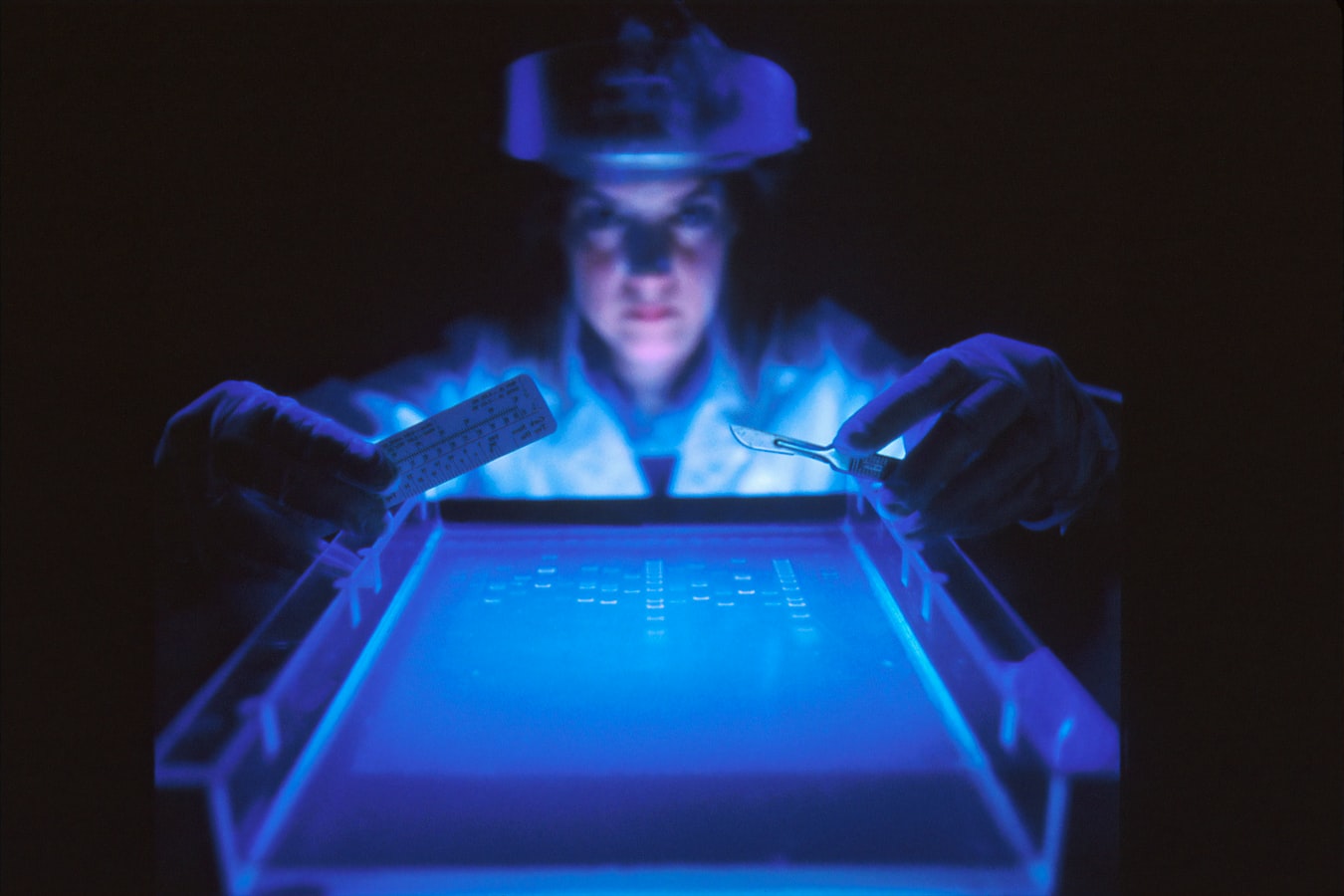
Addiction is a chronic illness, and, like other kinds of illnesses, it tends to run in families. Researchers have found that 40% to 60% of a person’s susceptibility to addiction depends on genetics, but behavior and environment also play a role. The National Institute on Drug Abuse (NIDA) is currently conducting studies to find out what makes some people more vulnerable than others and how to prevent addiction.
The Reward System of the Brain
The human brain is motivated by two needs: basic survival and rewards. Anything that creates pleasure, motivates, or elicits learning can be a reward. Neurons in the reward center of the brain communicate through neurotransmitters called dopamine. Dopamine is released when we expect a reward.
The anticipation, not the reward itself, creates the dopamine rush. Some people respond more strongly to punishment, and others react more strongly to rewards. Researchers at Vanderbilt University found that people who are driven to be successful, for example, have stronger dopamine signals in areas that influence motivation and rewards. Motivation and decision-making skills vary depending on the stage of life, such as adolescence or adulthood, and are affected by factors like mental illness or stress.
Addiction and Genetics
Scientists know that DNA sequences are 99.9% the same in all people, but the other 0.1% is responsible for three million differences. Those traits account for individual characteristics like hair color, height, and vulnerability or resistance to diseases like diabetes, heart attack, and addiction.
Researchers have identified variants that are more commonly found in people who are addicted to drugs, alcohol, or tobacco. This doesn’t mean they will become addicted, but it does mean they’re at greater risk. Because genes are inherited, family members of addicts also face a greater chance of becoming addicted. At the same time, someone without a genetic risk can become addicted if behavioral and environmental factors are present.

Biological and Environmental Risks
Usually, addiction is a result of genetic and environmental factors. Being exposed to friends who use drugs is risky, especially in young people whose brains are still maturing, and adverse childhoods and unstable family relationships increase the odds.
On the other hand, strong relationships with family, involvement in sports or school activities, and having hobbies reduce the chances of substance use. Eliminating harmful factors and increasing positive ones helps, regardless of genetic predisposition.
The Role of Age in Addiction and Genetics
A major risk factor for addiction is the age a person starts to use drugs, alcohol, or tobacco. The brain doesn’t completely develop until the mid-twenties, and that makes adolescents and young adults more susceptible to a substance use disorder. The younger the individual, the more dangerous it is to start drinking, smoking, or using drugs.
Addiction and Genetics in Twins
In 2012, researchers at the Virginia Institute for Psychiatric and Behavioral Genetics at Virginia Commonwealth University analyzed data from thousands of twins from Virginia, China, Finland, and Sweden. They found genetic connections between nicotine and depression and alcohol and attention deficit hyperactivity disorder (ADHD).
A 2019 study looked at alcohol use in participants who had early life adversity and a genetic vulnerability to addiction. Scientists found a small mutation on the COMT gene led to alcohol use before the age of 15, a predictor for later addiction. The COMT gene helps the body manage dopamine, which is released in activities like sex, drinking, or taking drugs.

Gene Therapy
Gene therapy is an experimental procedure that uses genes to prevent or treat diseases. As researchers learn more about how genetics influence addiction, they are discovering gene therapies targeted to specific mutations and illnesses.
A recent article in Genetic Engineering and Biotechnology News reported that a team from North and South America had developed a form of gene therapy to create unpleasant physical symptoms in individuals who drink alcohol, leading to a possible treatment for alcoholism.
Stress and Addiction
Stress and other environmental factors can cause genetic changes that contribute to mental illness and addiction. Stressful situations, such as the loss of a job or a divorce, triggers the release of stress hormones.
Stress hormones can cause changes throughout the body, trigger changes in DNA, and change how genes are expressed in the brain. Stress hormones trigger changes in the reward system of the brain that lead to the development of addiction or to relapse after rehab. Likewise, reducing stress can lower the odds of becoming addicted and reduce the risk of relapse.
Addiction Treatment at Mission Harbor
We design personalized programs to meet the needs of every individual. We provide partial hospitalization, intensive outpatient care, and an outpatient option for teens ages 13 to 17 years old.
Here are thirteen addional facts about addiction to help you make the right choice to help your loved one get treatment:

Our program includes psychotherapy, family therapy, group counseling, and integrated care to address single or co-occurring disorders. Our flexible programs allow you to continue work, school or home life with your choice of a morning, afternoon or evening schedule.
Good aftercare is crucial to recovery. Patients have a choice of 12-step programs like Alcoholics Anonymous or an intense outpatient program with group or one-on-one therapy. We offer a convenient telehealth option, and we specialize in hard-to-treat co-occurring disorders.
Contact us today for more information about our addiction treatment.
The facilities at Mission Harbor are staffed with trained experts to best assist patients with their mental health issues. We are capable of dealing with any and all cases with a licensed staff, equipment, and approved techniques. Our mission is to help those who want to help themselves, and we support your decision in seeking help.
Get Help Now
Alcohol addiction is extremely difficult to overcome on your own.. Seek specialized help and let professionals guide you in your recovery.

